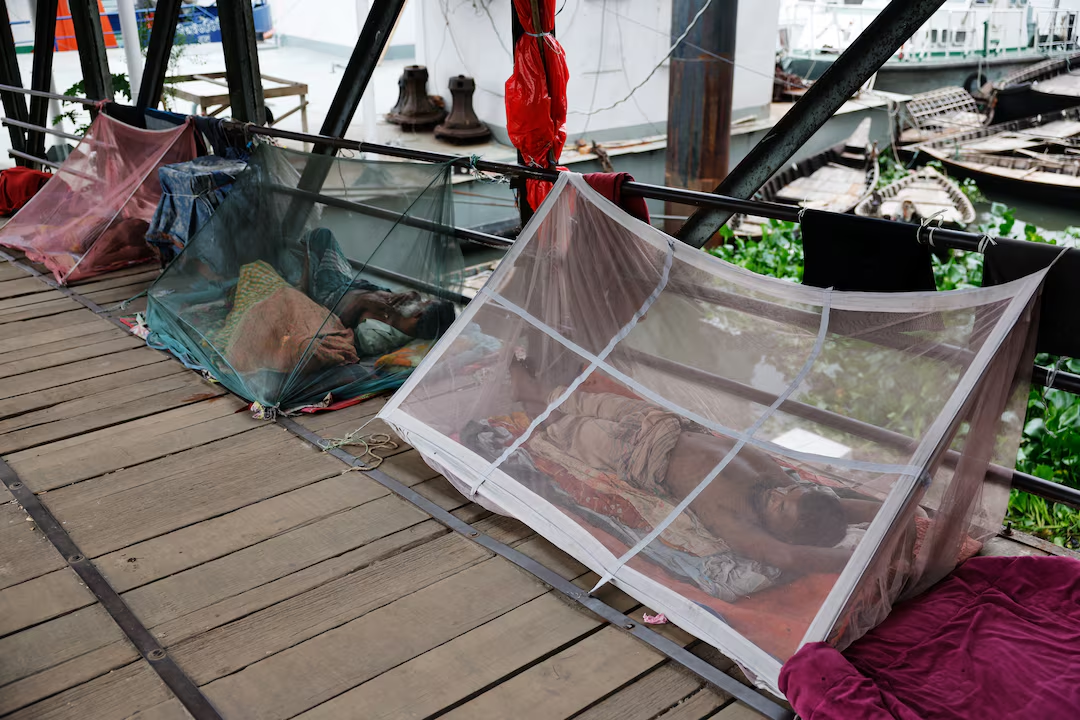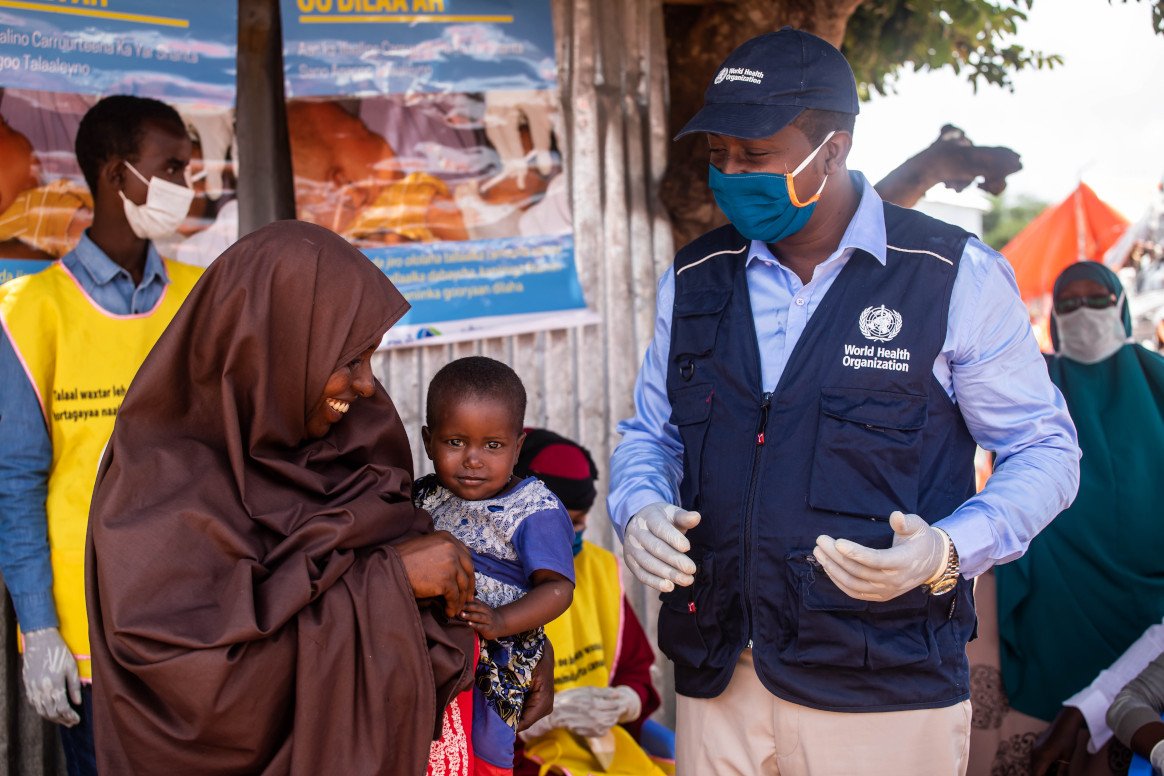Bangladesh is witnessing a sharp rise in dengue cases and deaths, with health experts warning that August could bring an even more severe outbreak if urgent action is not taken.
Official data shows that 101 people have died and 24,183 have been infected so far this year, straining the country’s already overburdened healthcare system.
Fatalities have climbed steeply in recent weeks: 19 deaths in August alone, following 41 in July—more than double June’s tally of 19.
“The situation is critical. The virus is already widespread across the country, and without aggressive intervention, hospitals will be overwhelmed,” said Kabirul Bashar, an entomologist at Jahangirnagar University. He warned that August could see triple July’s caseload, with numbers peaking in September.
Causes & Hotspots
Experts point to climate change, humid weather, and intermittent rain as creating ideal breeding conditions for Aedes mosquitoes, carriers of the dengue virus. While Dhaka remains the epicenter, infections are also spiking outside the capital, adding pressure on rural healthcare systems with limited capacity.
Urgent Warnings & Safety Measures
Health officials are urging the public to:
- Use mosquito repellents
- Sleep under nets
- Eliminate stagnant water where mosquitoes breed
“We need coordinated spraying and community clean-up drives, especially in high-risk zones,” Bashar added.
Doctors emphasize that early medical attention is critical. Severe abdominal pain, vomiting, bleeding, or extreme fatigue should prompt immediate hospital visits to avoid complications.
Risk of Worst Outbreak in Years
With peak dengue season still ahead, experts warn that community participation and government-led mosquito control will be essential to prevent a crisis. Bangladesh’s deadliest dengue year on record was 2023, when 1,705 deaths and over 321,000 infections were reported.



